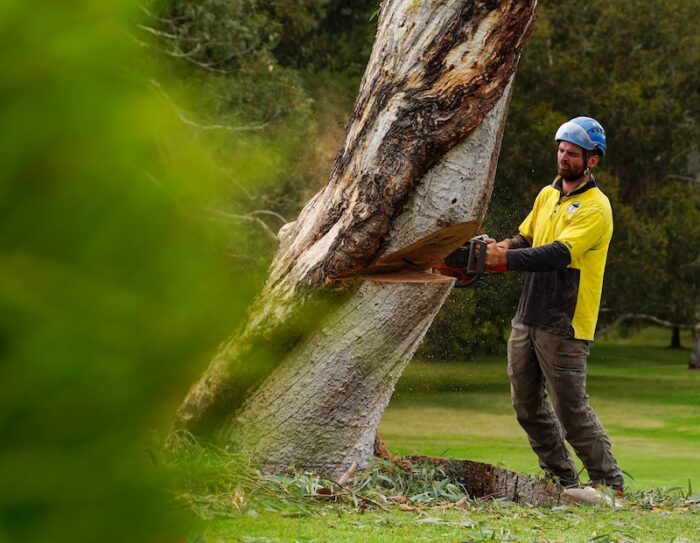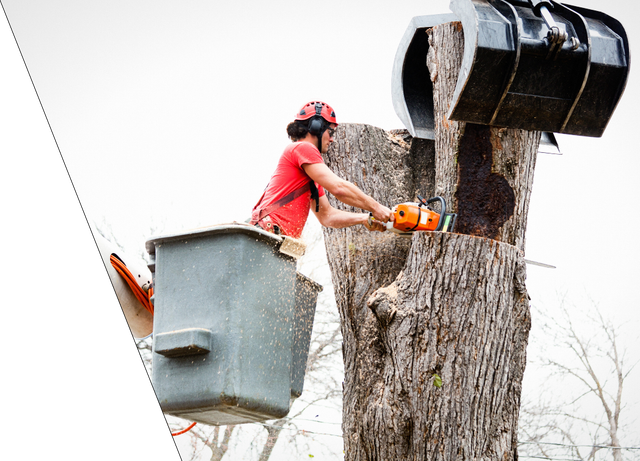All Categories
Featured
The elimination of trees can develop open spaces that are at risk to weed intrusion. When trees exist, their thick canopies typically color the ground, limiting the quantity of sunlight that reaches the dirt. However, after the removal of trees, these open areas receive increased sunlight, supplying perfect problems for weed development.

They may recommend the usage of compost, which acts as a safety obstacle on the soil surface, preventing weed seeds from sprouting and subduing weed development.

The visibility of trees cultivates a rich and varied area of dirt microbes. Tree origins supply a source of natural matter, exudates, and nutrients that sustain the growth and task of useful dirt microbes. However, when trees are eliminated, the lack of their roots can interfere with the delicate equilibrium of the dirt's microbial environment.
What Is The Best Palm Tree Removal Wollongong App?
This modification in pH can impact nutrient availability, microbial activity, and total soil health. To resolve the effects of tree reducing on soil pH, tree elimination professionals can provide valuable advice. They may suggest dirt testing to examine the current pH levels and determine the required modifications. Based upon the results, experts can suggest pH adjustment techniques, such as including lime to raise soil pH or integrating important sulfur to reduce it.

It refers to the compression of soil particles, resulting in minimized pore area and boosted soil thickness. This compaction can negatively influence the dirt's capability to function optimally, influencing its water-holding capacity, nutrient accessibility, and origin infiltration. Proper methods employed by tree elimination specialists can assist reduce compaction and preserve the soil's capacity to keep water, and permit adequate airflow and careful equipment handling.
Latest Posts
What Is The Best Palm Tree Removal Wollongong Service In My Area?
What Is The Best Wollongong Council Tree Removal Company?
Who Has The Best Palm Tree Removal Wollongong Service?